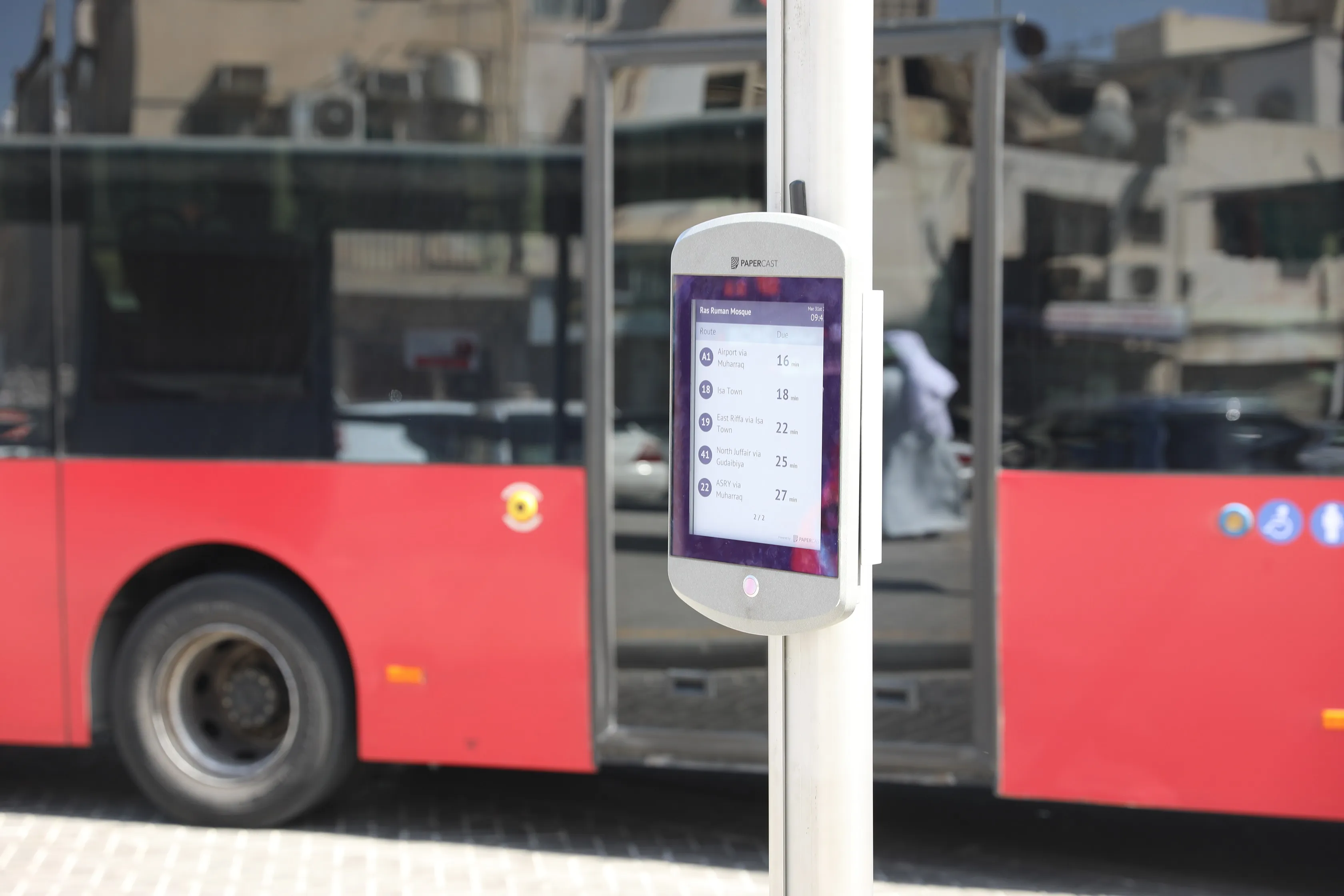Sweden-based truck manufacturer Scania has created a division in Brazil especially for Bus Rapid Transit systems.
January 31, 2012
Read time: 1 min
Sweden-based truck manufacturer
Scania is expecting to see orders increase as nine out of 12 host cities for the World Cup have chosen BRT systems as the urban mobility project for the event have an installation cost a tenth of that of a metro system and can be implemented in a much shorter time frame.









